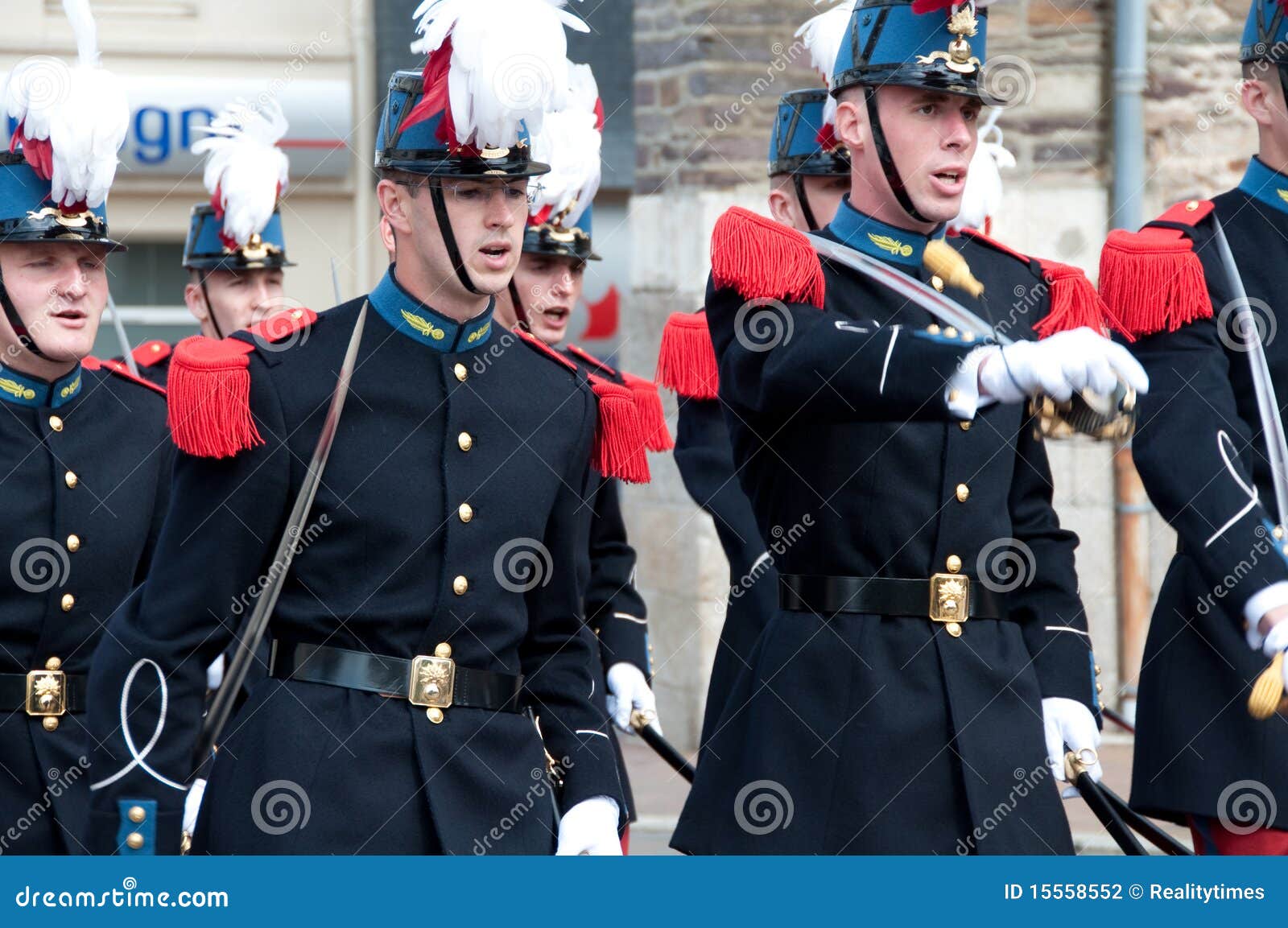

Kazakhstani citizens have also publicly voiced their displeasure over the invasion. For example, one March 28 flight from Almaty to Katowice in Poland carried a total of 17.5 tons in aid for Ukraine including bedding and food products.Ĭrucially, Central Asia’s largest nation has not recognized the independence of the so-called separatist republics created by the Kremlin in eastern Ukraine. Aircraft with medical supplies were dispatched to Ukraine on at least three occasions throughout March. Kazakhstan has also sent humanitarian assistance to Ukraine. While this choice of words may not seem like a major development, it is quite meaningful that a senior Kazakhstani official used this particular term while in the US capital. On the other hand, the first deputy chief of staff of the Kazakhstani presidency Timur Suleimenov stated during a recent event in Washington DC that the situation in Ukraine is a “war” and not a “special military operation” as the Kremlin insists. Similarly, Kazakhstan did not vote for a US-sponsored resolution to suspend Russia from the UN Human Rights Council. In early March, a number of Central Asian nations including Kazakhstan abstained in a UN General Assembly resolution condemning the Russian invasion. At the same time, Nur-Sultan has been cautious about expressing outright condemnation.

Since the beginning of the war in Ukraine, the Kazakhstani authorities have made it clear that they do not condone Moscow’s military campaign. For Kazakhstan, refusal to join this year’s Victory Day celebrations was a subtle way of distancing the country from Russia’s aggressive actions.

This holiday marking the Soviet victory over Nazi Germany has become central to modern Russia’s national identity, but attitudes elsewhere in the former USSR are often more nuanced and reflect the complex dynamics of post-imperial relations with Moscow. With Russia currently waging war in Ukraine, traditional Victory Day events on May 9 took on added symbolic significance.


 0 kommentar(er)
0 kommentar(er)
